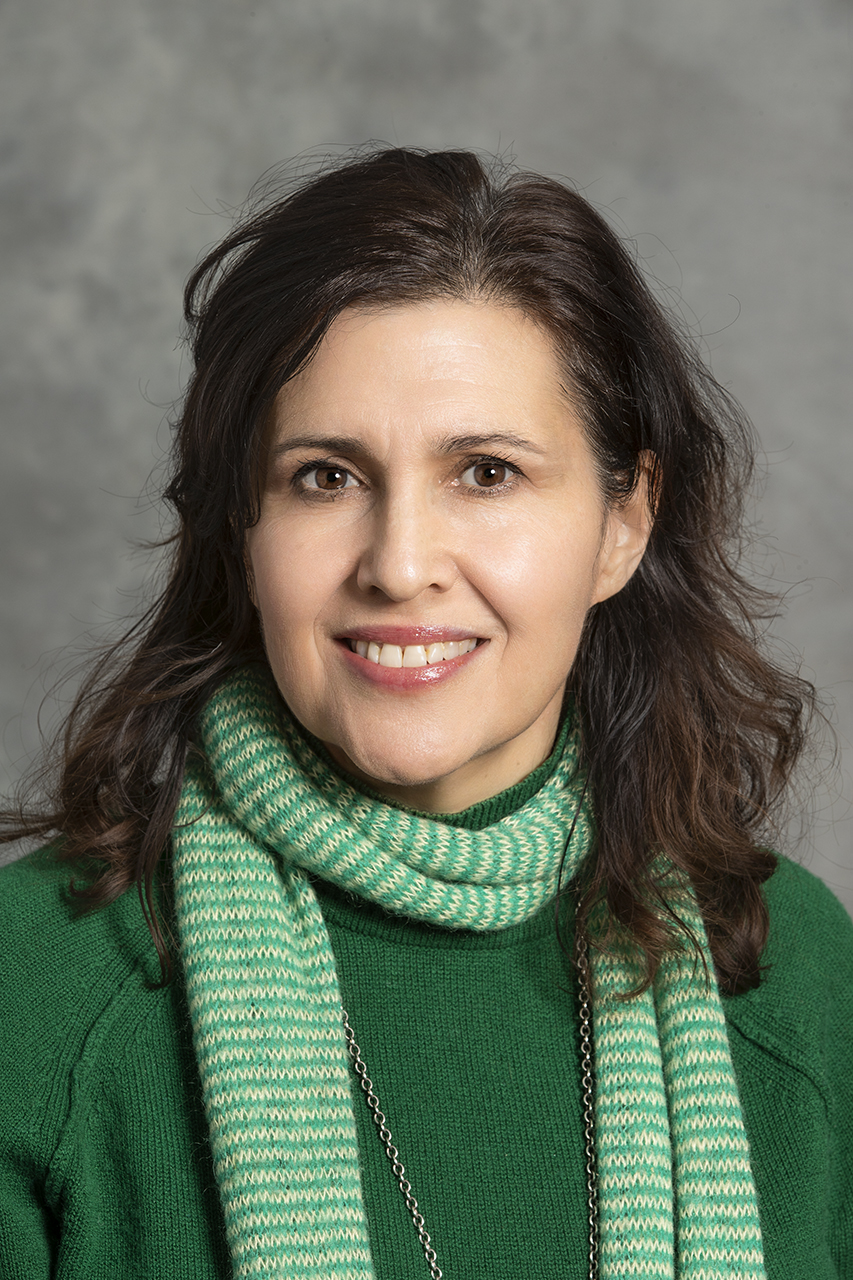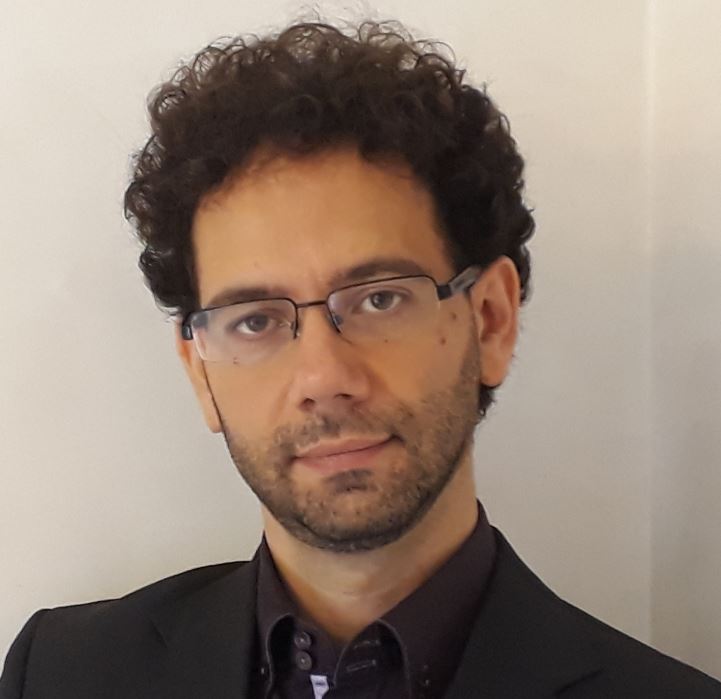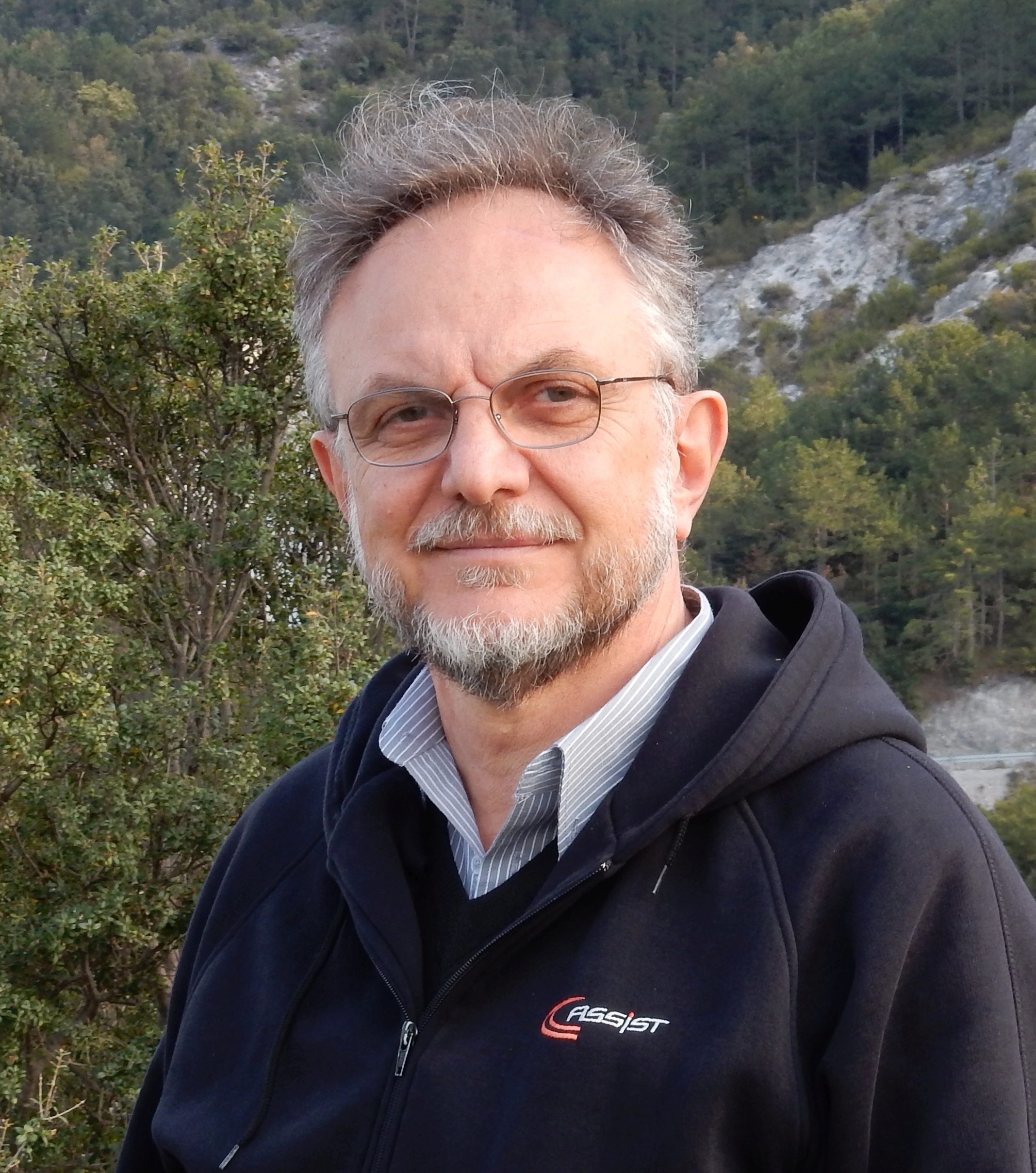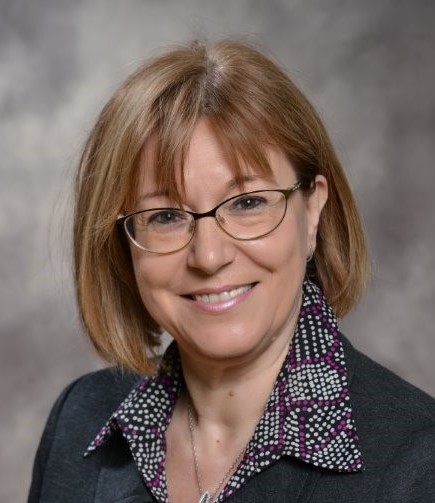The following speakers have agreed to give a keynote
- Helene Joffe, PhD MSc BA, Professor of Psychology - Clinical, Education & Health Psychology. Division of Psychology & Language Sciences, University College London, United Kingdom.
Title: to be announced
- Enrico Ronchi, PhD MSc (Hons) Bsc, Associate Professor in Evacuation Modelling Department of Fire Safety Engineering, Department of Transport and Roads, Lund University, Sweden.
Title: to be announced
- Gavriil Xanthopoulos, head of the Forest Fire Laboratory at the Institute of Mediterranean Forest Ecosystems of the Hellenic Agricultural Organization "Demeter".
Title: to be announced
- Meri Cvetkovska, full professor at the Department for Structural Mechanics, Faculty of Civil Engineering (FCE), University Ss. Cyril and Methodius (UKIM) in Skopje, North Macedonia.
Title: to be announced
In addition, there will be a roundtable
- Does risk analysis have a future in Europe?
Contributors: Ragnar Lofstedt (main organiser), Ortwin Renn, Tanja Perko, Robyn Wilson, Frederic Bouder and Rui Gaspar

Helene Joffe, Professor of Psychology, University College London, United Kingdom
Helen Joffe is a Professor of Psychology at UCL (University College London) with research interests in how people conceptualise, respond to and recover from various risks, as well as the liveability of cities. She has devised a method to elicit people’s conceptualisations of risks and has written extensively on methodological issues. In addition to having produced mixed methods, cross-cultural, prize winning work on risk, she has led a wide range of multi-disciplinary research projects. One current, large project is on how to foster resilient recovery from disasters, funded by the UK’s Economic and Social Research Council.
https://www.ucl.ac.uk/pals/people/helene-joffe
 Enrico Ronchi, Associate Professor in Evacuation Modelling, Lund University, Sweden
Enrico Ronchi, Associate Professor in Evacuation Modelling, Lund University, Sweden
Enrico Ronchi is a Senior lecturer at the Division of Fire Safety Engineering and Transport and Roads, Lund University. His research specialties include evacuation modelling and human behaviour in fire in complex infrastructures such as transportation systems (e.g., tunnels), high-rise buildings, etc. He is PI of Building egressibility in an aging society project and CO-PI of a few more projects: Resilience and Adaptation to Climatic Extreme Wildfires, Multi-method traffic movement data collection for WUI fire evacuation modeling and The integration, verification and validation of the wildfire evacuation platform WUI-NITY funded by the National Institute of Standards and Technology, Department of Commerce, USA and Perceived threats and 'stampedes': a relational model of collective fear responses, funded by the Economic and Social Research Council (ESRC) in the UK. https://portal.research.lu.se/en/persons/enrico-ronchi
 Gavriil Xanthopoulos, Institute of Mediterranean Forest Ecosystems of the Hellenic Agricultural Organization "Demeter", Greece
Gavriil Xanthopoulos, Institute of Mediterranean Forest Ecosystems of the Hellenic Agricultural Organization "Demeter", Greece
Gavriil Xanthopouloscurrently serves as senior researcher in forest fires, and is the head of the Forest Fire Laboratory at the Institute of Mediterranean Forest Ecosystems of the Hellenic Agricultural Organization "Demeter". He has participated in more than 25 research projects and has produced numerous scientific publications. In parallel with his research activities, he has been involved in many areas of operational fire management as advisor to the General Secretary of Forests and Natural Environment, to the Minister of Public Order and to the General Secretary of Civil Protection in Greece. He is a member of the Board of Directors of the International Association of Wildland Fire and a member of the United Nations International Strategy for Disaster Risk Reduction Wildland Fire Advisory Group.
 Meri Cvetkovska, full professor at the Department for Structural Mechanics, University Ss. Cyril and Methodius, North Macedonia
Meri Cvetkovska, full professor at the Department for Structural Mechanics, University Ss. Cyril and Methodius, North Macedonia
Meri Cvetkovska is full professor at the Department for Structural Mechanics, Faculty of Civil Engineering (FCE), University Ss. Cyril and Methodius (UKIM) in Skopje, North Macedonia. Her research areas are: Fire resistance analysis of reinforced concrete structures; Fire safety of buildings; Energy efficiency of buildings; Static and dynamic analysis of structures; Assessment and retrofitting of concrete structures damaged by fire; Implementation of Eurocodes for Fire Action; Risk and disaster management (natural and man-made fires). She participated and coordinated national and international projects and published over 120 scientific papers.
Round table: Does risk analysis have a future in Europe?
The idea for this round table came from a discussion that the main organizer had with Prof Renn back in the fall of 2021. We both found that compared to twenty or so years ago it appeared that there was less risk research being funded in Europe and that this was made worse by the fact that many of the senior risk professors who had retired were not properly replaced with upcoming new talent. As a result, countries that had been on the forefront of risk research such as for example, Sweden and to a certain extent Netherlands, had arguably lost their competitive edge. At the same time, it appears that a number of regulations coming out of Europe are also not rooted in risk science. The European Green Deal is one such body of regulation that is very much based on hazard classifications and precautionary thinking. In this round table panellists will provide 5-10 minute interventions discussing whether they feel that risk analysis has a future in Europe or not, by covering a wide range of risks across all European regions.











